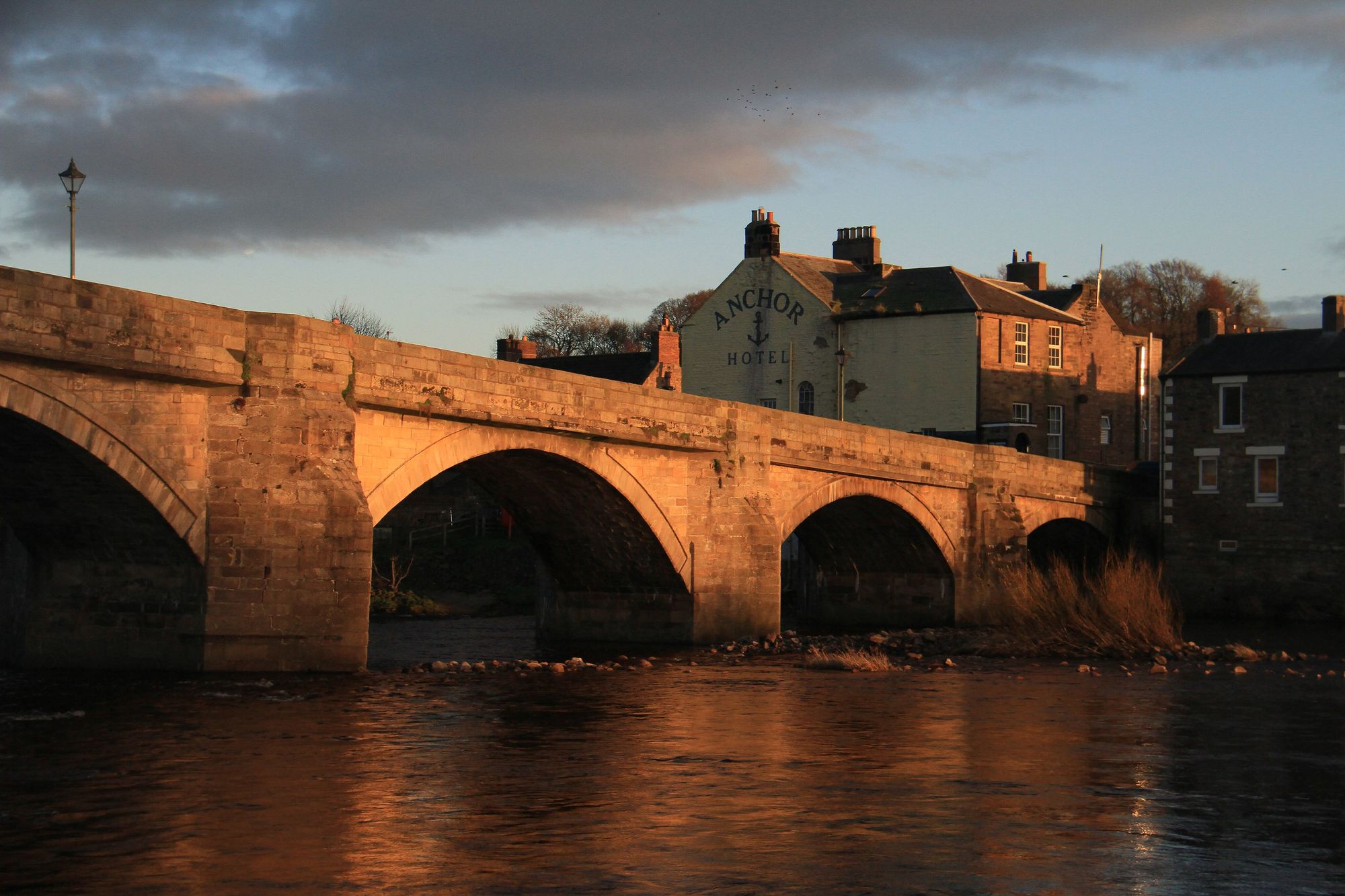A rural Northumberland community initiative has taken its first steps to investigate the potential for a major renewable heat scheme to reduce its reliance on fossil fuels, which would make it one of the first community owned schemes of its kind in the region, and one of the largest in the UK.
The Haydon Bridge District Heating project – delivered in partnership by Haydon Bridge Net Zero Group, Community Action Northumberland (CAN), the Rural Design Centre and Reheat – has been established to explore the feasibility of a district heat network that utilises renewable energy technology to significantly lower the carbon footprint of homes and businesses in the village.
With close to 1,000 properties identified as off the UK fossil gas grid, Haydon Bridge residents and business owners rely heavily on oil and solid fuel for heating, and the project is initially engaging community members to better understand district heating as a way for the village achieving net zero status.
District heating is the centralised production of heat which is then distributed to points of use. It is typically a highly efficient solution that reduces carbon emissions when using renewable energy sources. Community ownership models have the potential to reduce fuel costs and create economic benefits by retainingskills and jobs in the local area.
Peter Fletcher, Haydon Bridge Net Zero Group member and resident, said: “Tackling the climate emergency is a key objective in the 2022-2036 Haydon Parish Neighbourhood Plan. There is no mains gas in Haydon Bridge and finding alternative affordable and sustainable ways of heating homes and businesses in the village through renewable energy solutions is a central part of achieving this objective. We therefore welcome this renewable energy feasibility study and the Haydon Bridge Net Zero Group is a key partner in the work. We await the results with great interest and are committed to taking this initiative forward”
Liz Gray at the Rural Design Centre, said: “We are really pleased to be supporting Haydon Bridge to investigate long-term opportunities for reducing their reliance on fossil fuels, while keeping the benefits of energy production and distribution within the community.”
Andy Dean, Chief Executive of Community Action Northumberland, said: “We need to find ways to help smaller rural communities make the transition away from fossil fuels in a way that benefits everyone. If we can help reduce energy costs, lower emissions, and make energy supply more resilient, what’s not to like?”
Neil Harrison, Director at Reheat, said: “We are delighted to be working with Community Action Northumberland, the Rural Design Centre and, most importantly, the community at Haydon Bridge to explore the practicalities and economics of decarbonising their heating via a heat network. Rural communities, particularly where they are off the gas grid, have limited options for heat decarbonisation, and their reliance on expensive forms of fossil fuel such as oil, LPG and coalalso results in higher instances of fuel poverty and higher carbon emissions. District heating schemes, where they are developed and controlled by the communities they serve present unrivalled opportunities to deliver lower carbon and lower cost heat, while at the same time creating employment and building wealth in the community itself – something which is particularly important for our rural areas.”
More information about the scheme can be accessed using the following link:
ruraldesigncentre.com/projects/district-heating-haydon-bridge

